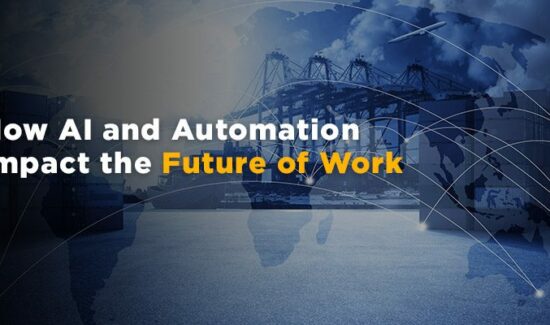How to Make a Business Case for Employee Engagement Solutions


The editors at Solutions Review have compiled this brief resource to help enterprise technology leaders create a business case for employee engagement software.
Employee engagement software refers to a category of software designed to help organizations facilitate and enhance their employee engagement. These solutions usually provide companies with tools and features that enable streamlined communication, feedback, collaboration, recognition, and performance management to create positive work environments that maximize employee satisfaction and productivity.
However, before implementing one of these solutions in your company, you might have to provide your company’s decision-makers with a business case. The primary purpose of a business case is to demonstrate how the proposed solution aligns with the company’s goals and objectives and how it can help the business achieve its desired outcomes.
How to Make a Business Case for Employee Engagement Software
Investing in employee engagement software is no longer an optional luxury for most companies. Instead, it’s become a strategic necessity that brands must invest in to remain competitive in their industry. The benefits extend beyond individual employees, positively impacting organizational culture, performance, and the bottom line. As you embark on your journey to foster employee engagement, consider leveraging technology to empower your employees and propel your organization toward success.
With that in mind, we’ve compiled a few of the talking points you should prioritize when creating a business case for employee engagement software.
Enhanced Employee Productivity
Employee engagement software provides a platform for organizations to connect with their workforce, fostering a sense of belonging, purpose, and empowerment that helps them feel motivated, proactive, and enthusiastic about their work. Through features like goal tracking, performance feedback, and recognition systems, these software solutions help employees align their efforts with organizational objectives, resulting in improved productivity and efficiency.
Improved Talent Retention
Employee turnover can be a significant drain on resources and hinder organizational growth. One of the key benefits of engagement software is its ability to boost employee retention rates. By providing regular communication channels, feedback mechanisms, and opportunities for growth and development, the software supports an environment where employees feel valued, supported, and invested in their organization’s success. This increased sense of loyalty reduces turnover rates, resulting in cost savings associated with recruitment, onboarding, and training.
Enhanced Communication and Collaboration
Effective communication and collaboration are vital for organizational success. Employee engagement software provides a centralized platform for transparent and efficient communication across departments and levels of hierarchy. Features like instant messaging, discussion forums, and project management tools facilitate seamless collaboration, knowledge sharing, and problem-solving. By breaking down silos and fostering a culture of open communication, the software enables employees to work together towards common goals, driving innovation and achieving better outcomes.
Data-Driven Decision-Making
Employee engagement software generates valuable data and insights that can guide strategic decision-making across departments. Through surveys, pulse checks, and performance analytics, organizations gain a deeper understanding of employee sentiment, identify areas of improvement, and track progress over time. This data-driven approach helps leaders make informed decisions to enhance employee experiences, refine processes, and implement targeted interventions, resulting in a more engaged workforce and improved organizational performance.
Strengthened Employee Well-Being
Employee well-being is a critical factor in driving engagement and productivity. Many employee engagement software platforms incorporate features dedicated to well-being initiatives, including wellness challenges, health trackers, and stress management tools. By prioritizing the holistic well-being of their employees, organizations create an environment that supports work-life balance, mental health, and overall job satisfaction. This, in turn, leads to reduced absenteeism, increased morale, and higher levels of employee engagement.























